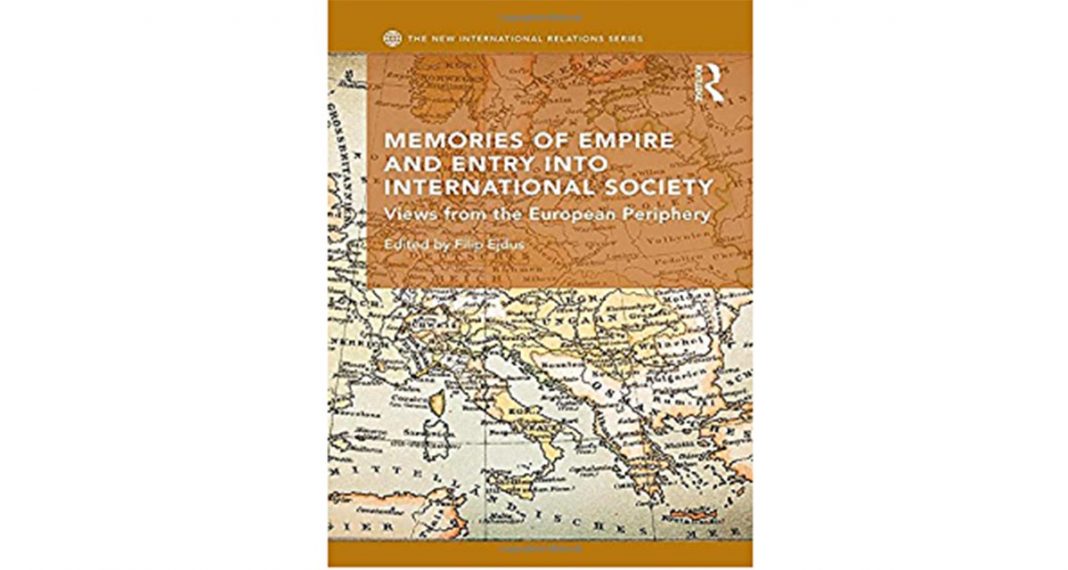Memories of Empire and Entry into International Society: Views from the European periphery
What is the role of memories for the expansion of international society? By drawing on the English School approach to International Relations this edited volume argues that the memories of empire and suzerainty are key to understanding sociological aspects of the expansion of anarchical society.
The expert contributors adopt a socio-historic conceptualization of entry into international society, aiming to move beyond the legalist analysis, and also explore the impact of identity-constructions and collective memories on the expansion of international society.
Empirically, the volume investigates the entry into international society of Belarus, Bulgaria, Greece, Poland, Serbia, Slovakia and Romania and studies memories that they activated along the way.
While these memoires of bygone polities were used by state builders to make sense of international society and legitimise claims of the new entrants, they inadvertently also generated tensions and anxieties, which in many ways persist until this day. Both the theoretical angle and the empirical material presented in this book are novel additions to the growing body of knowledge in historical International Relations.
Exploring how memories and experiences of the past still complicate the entrants’ positions in the international society and to what degree ensuing tensions remain today this volume will be of interest to all students and scholars of European International Relations, particularly those with a focus on Eastern Europe.
Forthcoming June 2017 with Routledge.
For more details click here:




